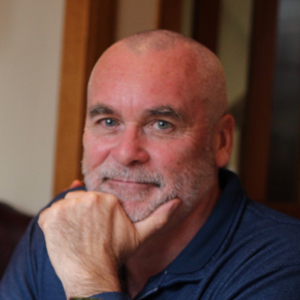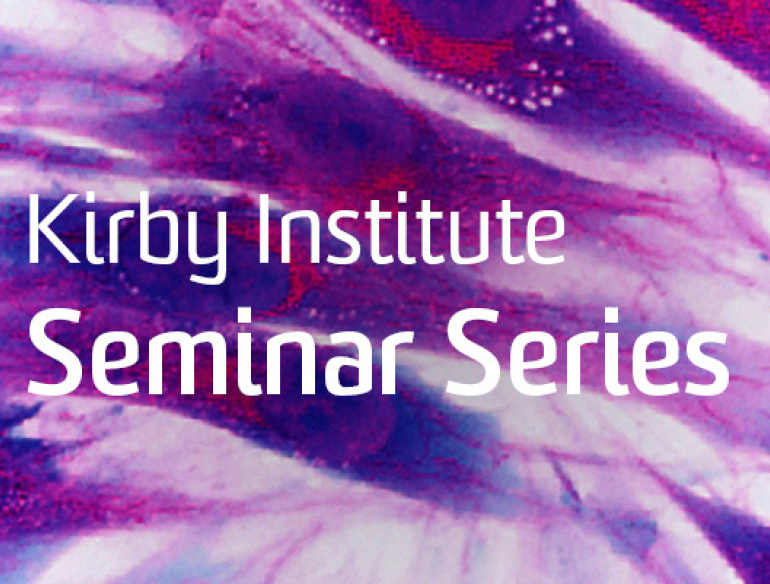Location:
Berg Family Foundation Seminar Room, Level 6, Wallace Wurth Building, Kensington Campus, UNSW Sydney
Contact for enquiries
Rata Joseph, +61 (2) 9385 0900 or recpt@kirby.unsw.edu.au
Kirby Institute Seminar Series presents
 |
Associate Professor Garrett Prestage Associate Professor, HIV Epidemiology and Prevention Program, Kirby Institute Garrett Prestage is an Associate Professor at the Kirby Institute, UNSW Sydney, where he has worked since 1992. He has been active in gay community life in Australia since the mid-1970s, pioneered Australia’s behavioural surveillance work and led many of Australia’s major cohort studies among gay and bisexual men, including the Health in Men (HIM) and Following Lives Undergoing Change (Flux) studies. |
|
 |
||
 |
Research Fellow, HIV Epidemiology and Prevention Program, Kirby Institute Dean Murphy is a Research Fellow at the Kirby Institute, UNSW Sydney, and a Senior Research Associate in the Department of Gender and Cultural Studies, University of Sydney. His work focuses on understandings of HIV diagnosis, the use of HIV biomedical prevention technologies, experiences of sexual health and well-being, and the meanings of drug consumption among people with LGBTQ experience. His book, Gay Men Pursuing Parenthood Through Surrogacy: Reconfiguring Kinship, was published in 2015. |
Abstract
The RISE (Recent Diagnosis and the Impact of Support on Experiences of HIV) study explores people’s experiences of being diagnosed with HIV and the changes in their lives following their diagnosis. The study commenced late in 2018 and is ongoing. It includes both survey-based and interview-based data. We will present some early data on experiences of support, relationships, and services following diagnosis.
